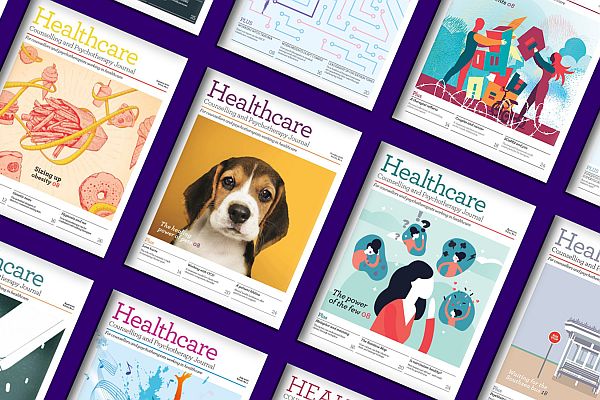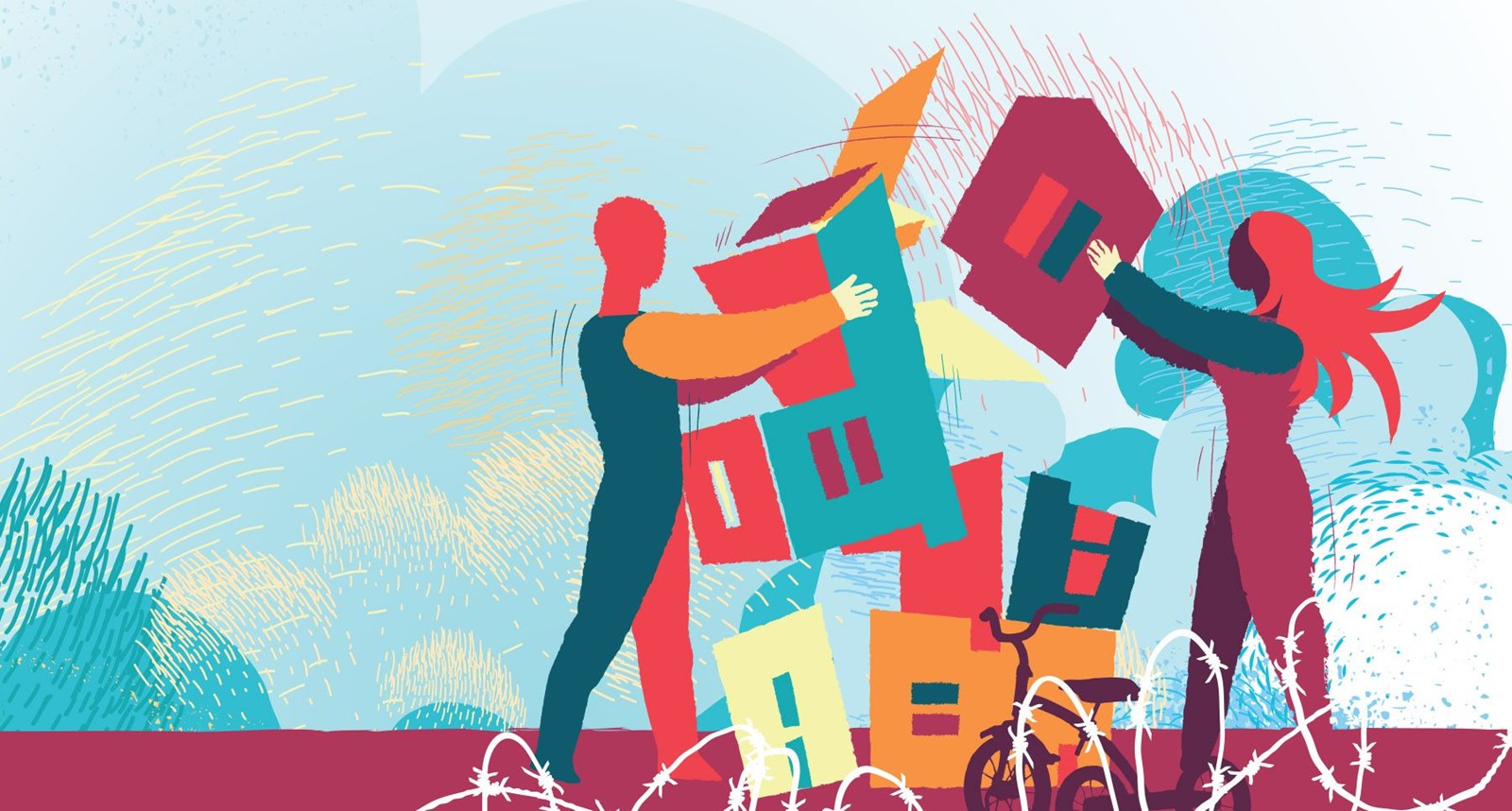I notice a lot of conflict today, on an international, national and local level. I am also aware of ‘micro’ conflicts. You know the sort of thing. Perhaps one driver shouts at another for failing to indicate, or one supermarket customer confronts another over the wearing of masks. Am I, for some reason, more sensitive to conflict or is society more intolerant and aggressive? I don’t know the answer, although it’s probably a bit of both.
I also wonder whether the aggression that can lead to conflict is a secondary emotion, possibly a response to fear, sadness, vulnerability or helplessness.
Of course, conflict doesn’t only affect the people who are fighting. It also has an impact on the witnesses, the so-called innocent bystanders. And it’s particularly heartbreaking if those innocent bystanders are children, witnessing their warring parents.
So, it’s good to read in our October issue Sarah Ingram’s article, 'Working with warring parents', about a programme developed by Tavistock Relationships and funded by the Department for Work and Pensions that aims to reduce parental conflict. It’s a mentalisation-based intervention – and it has achieved some impressive results. Perhaps it should be universally available.
I have real admiration for Julia Cole, who for more than 20 years has supported people who have been diagnosed with breast cancer. In 'Reflections of a cancer therapist', Julia reflects on her career – and she does so with wisdom and compassion. If a client came to me with a cancer diagnosis, I know I would feel anxious. But I also know that Julia’s article will stay with me and support me in my work. I hope you will find it useful, too.
We also report in this issue on some research into counselling for couples affected by cancer. A spouse or partner often supports the person who is living with or beyond cancer. So, in one sense, it could be thought of as a shared experience. A diagnosis therefore has an impact on the couple relationship, which can be explored through counselling.
You’ve probably all heard of SCoPEd. But perhaps, like me, you are unsure how it will work and what it will mean for you. So, we asked Matthew Smith-Lilley, BACP’s Policy and Engagement Lead (Mental Health), to spell it out. In 'SCoPEd: what does it mean for you', Matthew explains how many employers and commissioners are baffled by the various different training qualifications and modalities in the counselling professions. Matthew also explains how the confusion can lead to BACP members missing out on paid job opportunities. The SCoPEd project aims to create a shared framework, which will make it easier to navigate the sector. And that should lead to more jobs for all of us.
Read more...

Healthcare Counselling and Psychotherapy Journal
Subscribe for free access to the online journal

BACP Healthcare division
BACP Healthcare is for counsellors, psychotherapists and related professionals providing psychological therapies in healthcare settings in the public, private and third sectors.

Blogs and vlogs 2021
News, views and updates from our staff, members and counselling clients
Views expressed in this article are the views of the writer and not necessarily the views of BACP. Publication does not imply endorsement of the writer’s views. Reasonable care has been taken to avoid errors but no liability will be accepted for any errors that may occur.
